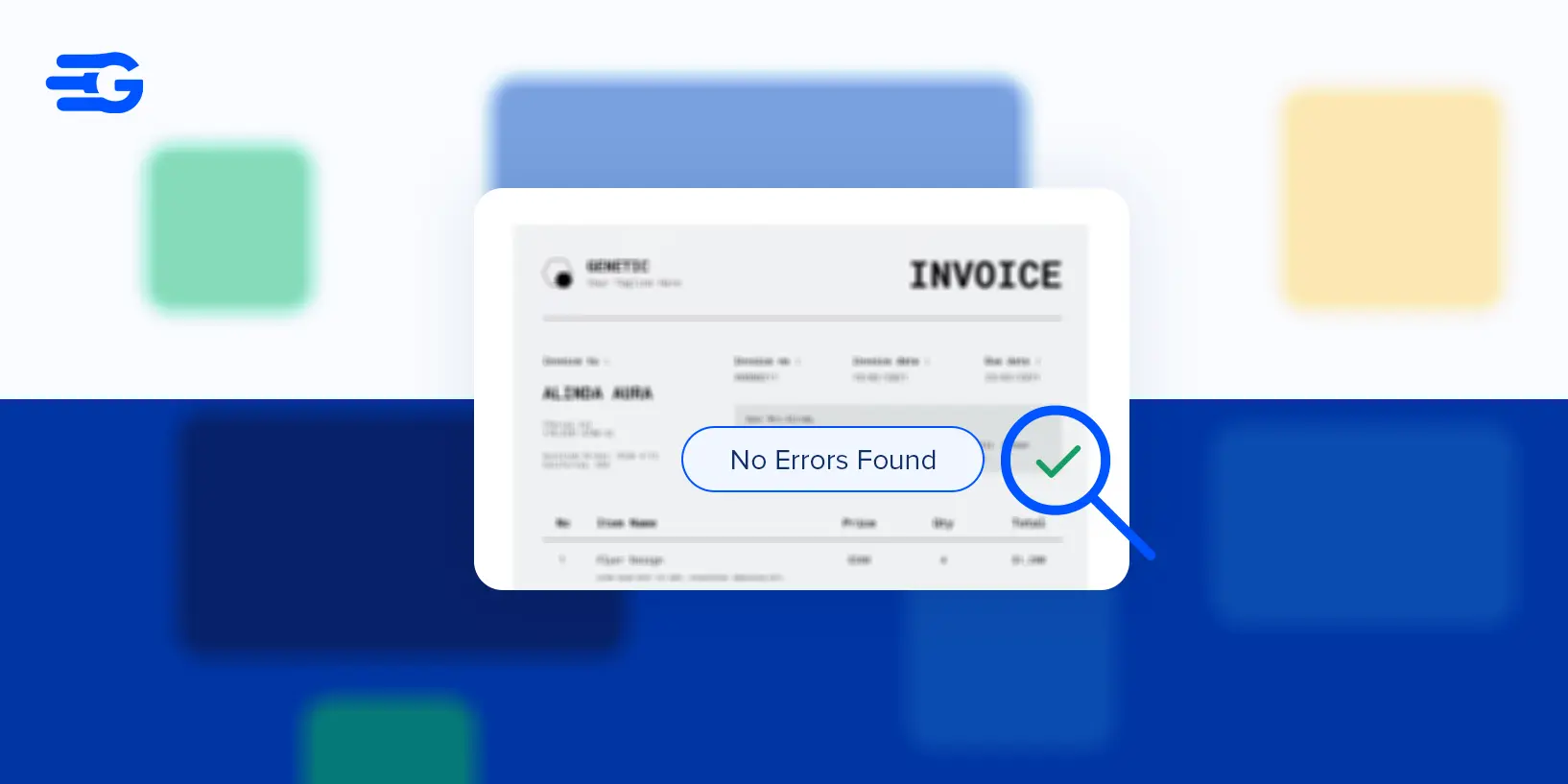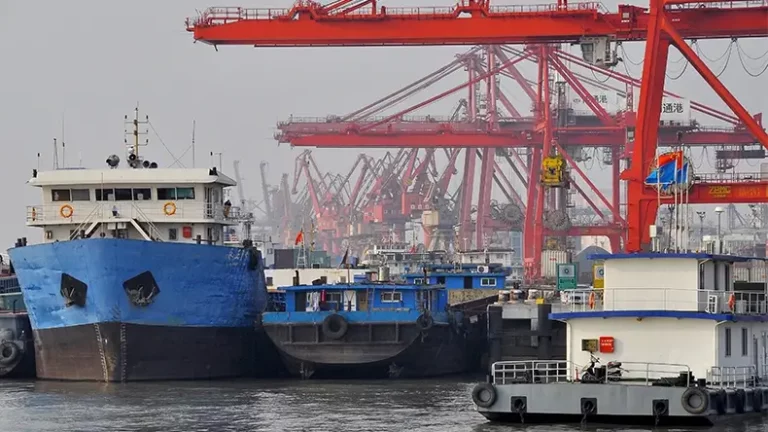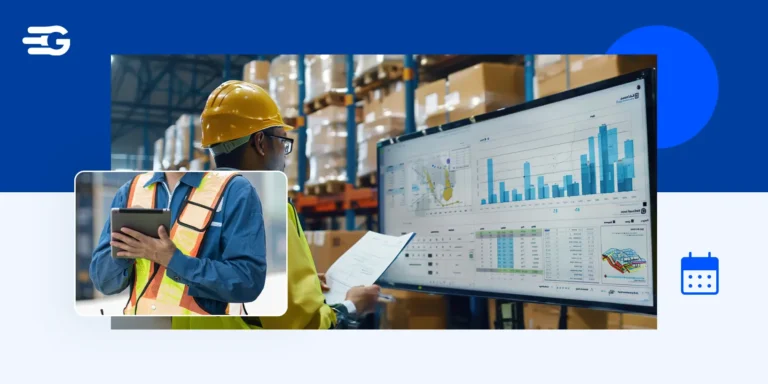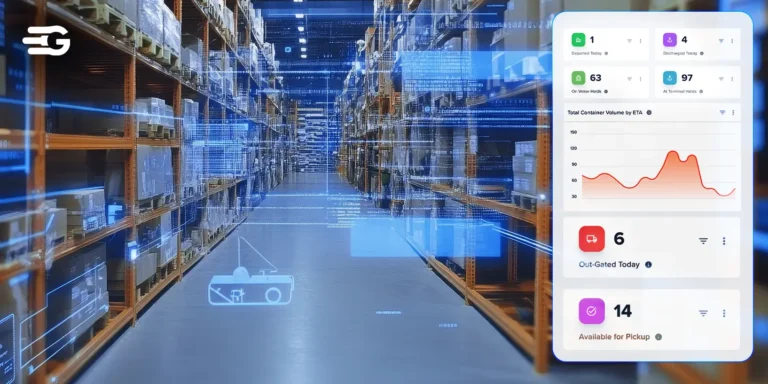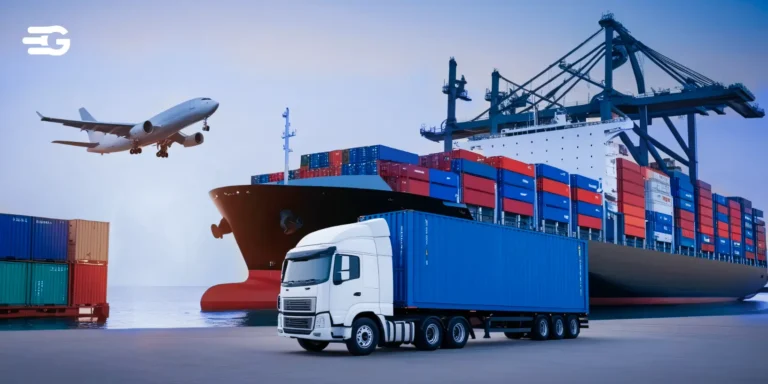Common Invoice Discrepancy List and How to Fix Them Quickly
Invoice errors are a nightmare for logistics companies. Between freight charges, fuel surcharges, and accessorial fees, there’s always something that doesn’t match up. These mistakes don’t just cost money – they slow down your whole operation and create tension with carriers you depend on.
Most billing problems in logistics follow the same patterns. Catch them early and you can fix them fast. Let them pile up and you’re looking at serious cash flow issues. Here’s what to watch for and how to handle the most common invoice discrepancies that hit supply chain businesses every day.
What Is an Invoice Discrepancy?
An invoice discrepancy occurs when the charges on a vendor’s bill don’t match what was agreed upon in contracts, purchase orders, or service agreements. In logistics and supply chain operations, these mismatches are particularly common due to complex shipping calculations and multiple service providers.
Invoice discrepancy issues cost logistics companies money and they consume valuable time. Gartner’s 2024 research revealed that 59% of accountants make several financial errors per month, with 18% making mistakes daily
When freight bills don’t align with contracted rates, it forces operations teams to halt payment processing and investigate each error individually. For example, a logistics company might receive an invoice showing $2,500 for a shipment when their contracted rate should be $2,200.
5 Most Common Invoice Discrepancies in Logistics
Logistics companies encounter predictable patterns of billing errors that, once recognized, become much easier to identify and resolve quickly.
- Freight Rate Mismatches
Freight rate discrepancies represent the most frequent invoice discrepancy type in logistics operations. These occur when carriers charge rates that differ from contracted agreements, often due to incorrect zone classifications or outdated pricing systems. A shipment from Chicago to Atlanta might be billed at standard published rates instead of negotiated contract rates.
Zone pricing errors create another common freight rate invoice discrepancy scenario. Carriers sometimes misclassify delivery zones, charging for extended delivery areas when shipments actually go to standard zones. This happens frequently in metropolitan areas where zip code boundaries create confusion.
- Incorrect Accessorial Charges
Invoice discrepancy issues with accessorial charges catch many logistics managers off guard because these fees often appear without clear justification:
- Residential delivery charges applied to obvious commercial addresses
- Fuel surcharges calculated incorrectly or applied when they should be waived per contract
- Inside delivery fees charged when shipments were left at loading docks
- Appointment delivery charges for standard delivery windows
- Lift gate fees applied to shipments that didn’t require special equipment
- Address correction charges for accurate addresses that didn’t need modification
These accessorial invoice discrepancy problems multiply quickly across multiple shipments, making it essential to challenge each questionable charge immediately rather than letting them accumulate over billing cycles.
- Quantity and Weight Disputes
Weight and quantity invoice discrepancy problems often stem from differences between shipping documentation and actual measurements:
| Discrepancy Type | Common Cause | Impact |
| Actual vs. Billed Weight | Incorrect scale readings | Higher dimensional weight charges |
| Piece Count Variations | Missing items from manifest | Overcharged handling fees |
| Dimensional Weight Errors | Wrong measurements recorded | Inflated freight calculations |
| Package Consolidation | Multiple packages billed separately | Duplicate processing fees |
These discrepancies frequently occur when carriers re-weigh shipments or when automated systems generate different measurements than those recorded during pickup.
- Documentation Errors
Documentation-related invoice discrepancy issues create confusion and delay payment processing:
- Missing reference numbers including purchase order numbers, shipment IDs, or internal tracking codes that make it impossible to match invoices to specific shipments
- Incorrect service dates showing pickup or delivery attempts on weekends, holidays, or dates when facilities were closed for business
- Wrong customer codes that assign charges to incorrect cost centers, departments, or subsidiary companies within your organization
- Mismatched bill-to information directing invoices to wrong departments, outdated contact information, or incorrect billing addresses that delay processing
- Incomplete shipment descriptions that don’t match purchase order details, missing product codes, or vague service descriptions that can’t be verified
- Service type misidentification billing for expedited overnight service when standard ground transportation was used, or premium services that weren’t requested
Documentation errors often cascade into bigger problems when invoice discrepancy issues remain unresolved, creating audit trails that become increasingly difficult to untangle over time.
- Duplicate Billing
Duplicate billing represents a particularly costly invoice discrepancy that often goes unnoticed in high-volume operations. This happens when carriers process the same shipment multiple times through their billing systems, creating separate invoices for identical services. Transportation management system glitches frequently cause this problem during peak shipping seasons.
Some duplicate billing scenarios involve partial overlaps where carriers charge separately for services that should be bundled. A shipment might be billed once for transportation and again for fuel surcharges, even though the contract specifies all-inclusive pricing.
These invoice discrepancy situations require careful review of contract terms to identify when charges should be consolidated.
How to Identify and Fix Invoice Discrepancies Fast
Catching invoice discrepancy issues early and resolving them quickly requires systematic review processes combined with immediate action steps that protect your cash flow and vendor relationships.
- Compare invoice amounts against contracted rates immediately
Keep updated rate sheets for each carrier and flag charges that exceed agreed-upon pricing by more than 5%. Cross-reference zone classifications with your negotiated rates.
When you find overcharges, contact your carrier rep within 24 hours with contract references and demand billing corrections with credit memos.
- Cross-reference accessorial charges with shipment documentation
Check each additional fee against what you originally requested. Were services like residential delivery or lift gate actually provided? Dispute bogus charges by sending delivery photos, address verification, and service confirmation documents to your carrier’s billing dispute team.
- Check shipment weights and dimensions
Your warehouse records should match what carriers bill you for. Compare their measurements with your pickup data to spot weight discrepancies. Fight incorrect measurements by providing certified scale tickets and photos. Package dimension records help support your dispute claims too.
- Verify delivery addresses and service types
Make sure invoice details match your original shipping requests. Watch for residential charges on obvious commercial addresses. Submit Google Maps screenshots and business license lookups to prove commercial delivery status. Delivery confirmation signatures work as evidence too.
- Run duplicate invoice detection
Use spreadsheets or automated systems to compare tracking numbers, dates, and amounts across billing periods. Look for identical charges appearing twice. Flag duplicates immediately and provide both invoice copies plus tracking docs that prove the same service was billed multiple times.
- Review fuel surcharge calculations
Download carrier rate sheets monthly and compare their percentages with current market rates. Check if your contracted caps are being honored. When calculations are wrong, submit fuel index documentation and contract excerpts showing your negotiated terms.
Quick identification paired with immediate dispute resolution prevents small invoice discrepancy problems from accumulating into major financial impacts on your logistics operations.
We actually helped one pharmaceutical company free up 75% of their invoice verification workforce for critical tasks while achieving error-free processing through automated detection and vendor notification systems.
If you want to know more about how exactly GoComet helps, next section is for you!
How GoComet’s Technology Helps Resolve Invoice Discrepancies
Manual invoice processing creates headaches that multiply across hundreds of shipments monthly. GoComet’s GoInvoice module tackles these problems with smart automation that catches errors before they hit your desk.
The system compares every freight invoice against your original quotations automatically. When something doesn’t match, vendors get instant notifications highlighting exactly what’s wrong. This stops invoice discrepancy issues before they reach your approval queue.
GoComet combines OCR technology with language processing to spot duplicates and catch rate mismatches.
| GoComet Feature | How It Solves Invoice Discrepancies | Impact |
| Automated Invoice Matching | Cross-references every line item against contracted rates, catches zone pricing errors, flags accessorial charge mismatches before approval | Reduction in processing time |
| Real-time Error Detection | Scans for duplicate tracking numbers, incorrect service types, weight discrepancies using OCR and AI algorithms | Zero duplicate payments processed |
| Vendor Notification System | Automatically emails carriers with specific error details, requires corrections before resubmission to approval workflow | Less manual follow-up needed |
| Duplicate Invoice Prevention | Compares tracking numbers, dates, amounts across billing periods using intelligent matching algorithms | Eliminates double billing incidents |
| Centralized Invoice Repository | Stores all invoice data digitally with search capabilities, maintains complete audit trails with timestamps | Instant access to billing history |
| Tolerance-based Auto-approval | Processes clean invoices within predefined variance thresholds, routes exceptions for manual review only | Faster payment cycles |
Conclusion
Invoice discrepancy problems don’t have to drain your logistics budget or consume your team’s valuable time. By understanding these common billing errors and implementing systematic identification processes, companies can resolve disputes quickly and maintain healthy vendor relationships. The key is catching issues early through consistent review processes and leveraging technology to automate error detection.Modern logistics operations require modern solutions for invoice management. Manual verification processes simply can’t keep pace with today’s shipping volumes and complex pricing structures. Book a demo with GoComet to eliminate invoice discrepancy headaches from your operations.
